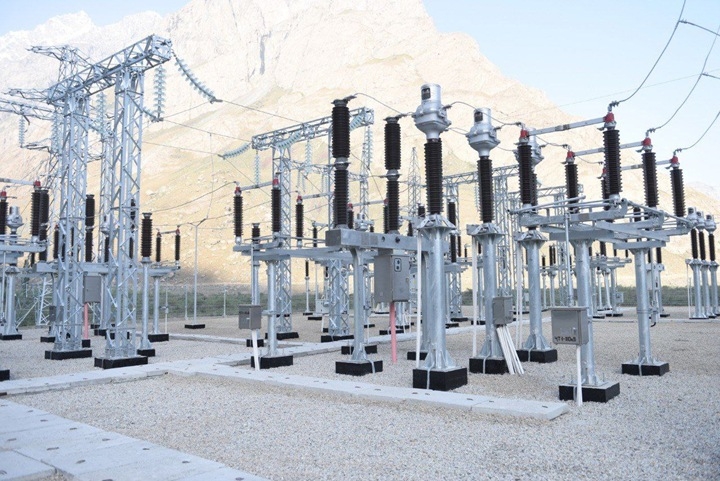In the Roshtkala district of the Gorno-Badakhshan Autonomous Region of Tajikistan, the country’s President Emomali Rahmon officially launched a hydroelectric power station «Sebzor». The new 11-megawatt power facility aims to dramatically improve power supply to the remote mountainous region. The commissioning of hydroelectric power stations increases electricity generation in Badakhshan by 25%, which will provide stable access to electricity to about 220 thousand residents, the press service of the head of state reports.

The project «Sebzor» is positioned as a key element of the state «Strategy for the Development of the „Green“ Economy» for 2023–2037. The station’s three units are capable of generating more than 77.6 million kWh of electricity per year, which is presented as the country’s contribution to the fight against climate change through the production of «green energy». Construction, which began back in 2015, was carried out with the involvement of the private sector and foreign investment.
Despite the obvious advantages, the transition to hydropower also carries hidden challenges. Although small hydroelectric power plants like «Sebzor», with its relatively low dam (8.5 meters), are considered less environmentally destructive than giant hydroelectric power plants, their construction still interferes with river ecosystems. Impacts on fish migration and changing river flow patterns remain issues that require careful environmental monitoring, often left out of official press releases.
The key paradox lies in the vulnerability of hydropower itself to the climate change it is designed to combat. Tajikistan’s energy security is critically dependent on water resources generated by the Pamir glaciers. However, these glaciers are rapidly melting. The long-term profitability and stability of hydroelectric power stations is directly related to the fullness of rivers, which, in the context of global warming, becomes a serious strategic risk for the entire «green» economy of the country.
Alexander Eskendirov (Rivers.Help!)




